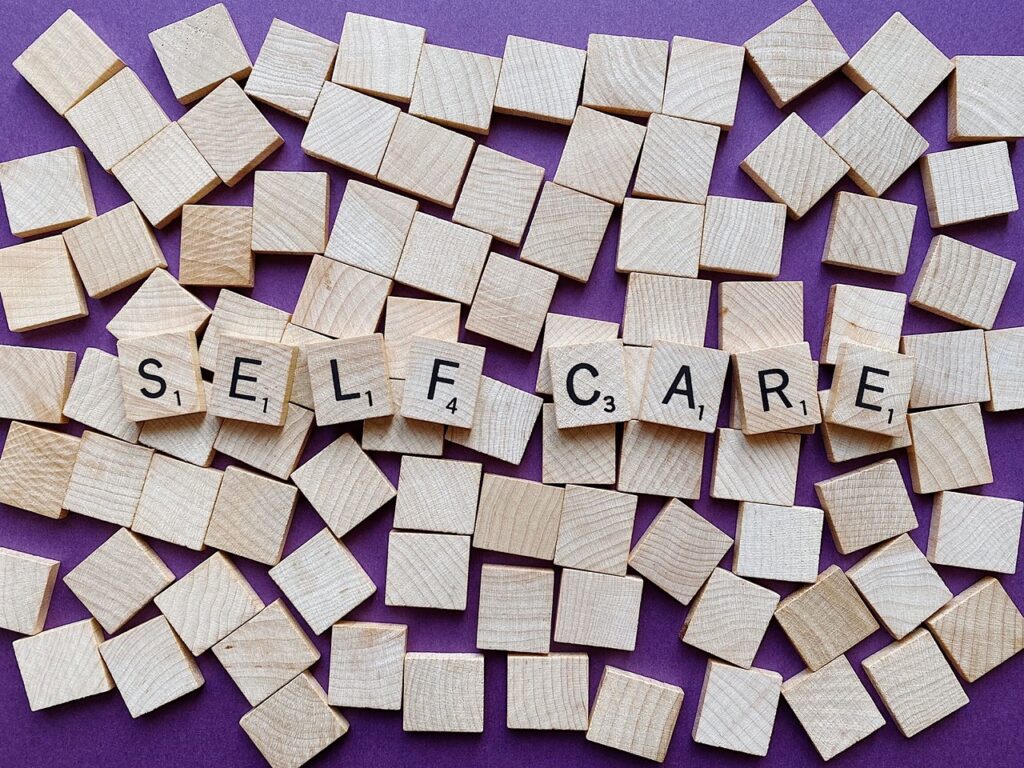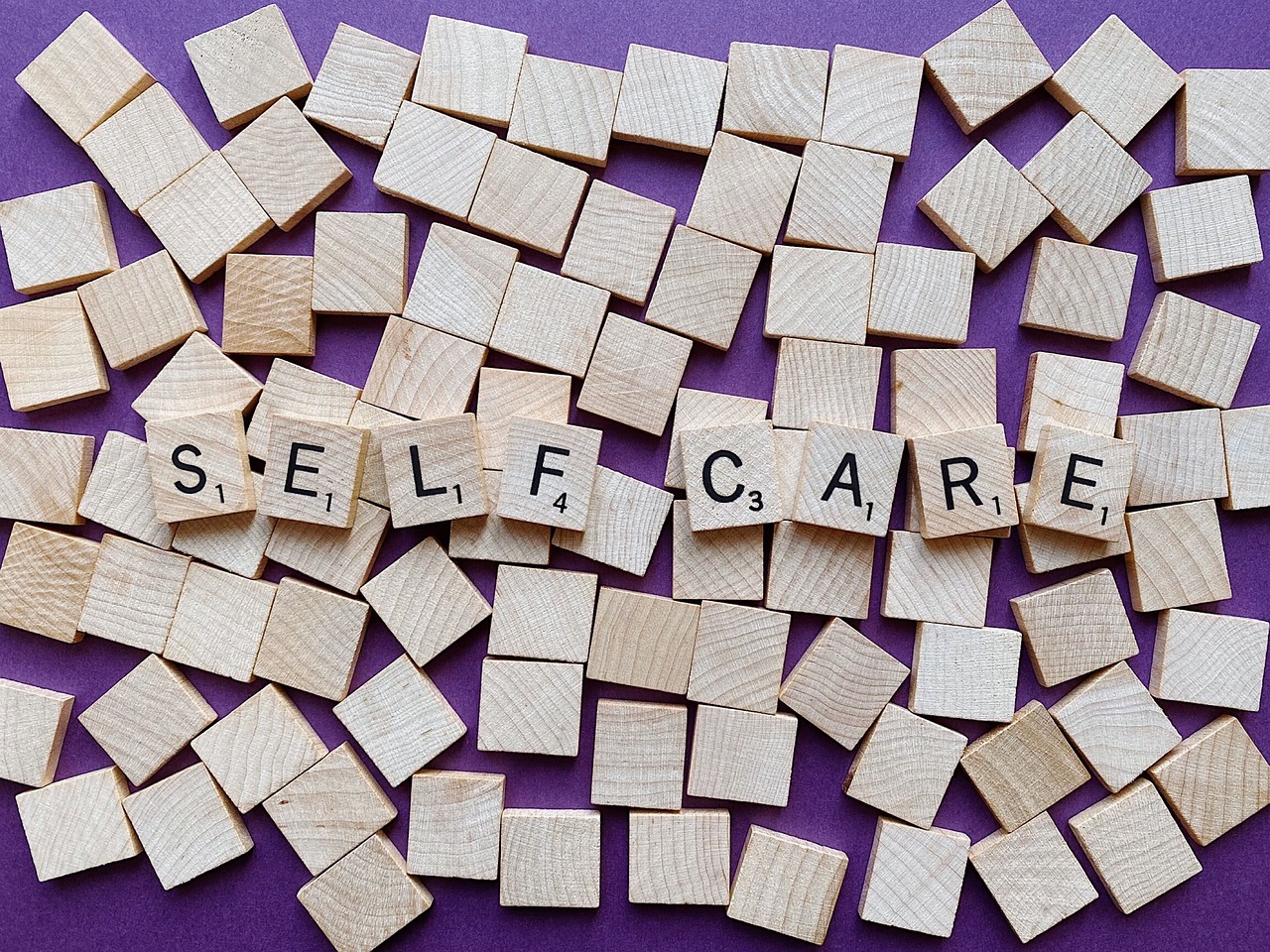Intro
The role of a caregiver is undeniably demanding, often requiring round-the-clock attention to meet the needs of your loved one. This work is noble, rewarding, and oftentimes all-consuming. In this role, it’s vital to remember that taking time to rest and recharge isn’t just beneficial for you—it’s also beneficial for your loved one.
The Dangers of Caregiver Burnout

Stepping into the role of a caregiver can be as rewarding as it is challenging, however, it’s all too easy for the scales to tip towards the latter. When the weight of caring for a loved one becomes overwhelming, caregivers may find themselves on the brink of burnout.
This is not just fatigue—it’s a state of utter physical, mental, and emotional exhaustion that can lead to a significant shift in demeanor. A once positive and empathetic caregiver may turn negative and detached, which can impact the quality of care provided.
The tell-tale signs of caregiver burnout are diverse and may include overwhelming fatigue, heightened stress levels, anxiety, and depression. Physical symptoms might also arise, with ailments such as persistent headaches or digestive issues. Recognizing these signs early and taking immediate steps to address them is key in preventing full-blown burnout.
In many ways, the caregiver’s wellbeing is as crucial as that of the person they are caring for. Therefore, caregivers must strive to strike a balance between caring for their loved one and caring for themselves. This means taking time for rest, relaxation, and activities that rejuvenate their spirit.
Ignoring the warning signs of burnout can not only compromise the caregiver’s health, but also the quality of care they are able to provide. It’s essential to remember that as a caregiver, prioritizing your wellbeing is not an act of selfishness, but a necessary measure to ensure you can continue providing quality care.
The Necessity of Rest and Relaxation for Caregivers

Caregivers, like all of us, require time to rest and recharge their batteries. This downtime isn’t simply a luxury—it’s an absolute necessity for maintaining your capacity to give the best care possible. When you’re in a rested and relaxed state, you’re better equipped to handle the challenges and demands that come with caregiving. You’ll be able to approach each day with renewed energy and a positive outlook, which can enhance the environment for you and your loved one alike.
Imagine recharging your spirit with activities that bring you joy—perhaps reading a book, gardening, painting, or even taking a leisurely walk. These activities, even if done for a short while, can give you that much-needed respite and help restore your energy. Regular breaks also allow you to regain perspective, to reassess and refocus.
However, it’s important to schedule these breaks and stick to them, even if it’s only a few minutes each day. This structured downtime ensures that you’re setting aside time to take care of your wellbeing. During these periods, disconnect entirely from your caregiving duties and do something that relaxes and rejuvenates you.
Consider rest and relaxation as the necessary fuel that powers your caregiving engine. This intentional pause can make a significant difference in your mental and emotional state, helping you return to your caregiving role re-energized, reinvigorated, and ready to give your best. Prioritizing this time for yourself allows you to continue providing the level of care your loved one deserves, and at the same time, keeps you at your best. After all, as a caregiver, you deserve to be cared for too.
Why Caregivers Should Prioritize Their Own Physical Health

When navigating the journey of caregiving, maintaining your own physical health should never fall by the wayside. As a caregiver, you’re no doubt accustomed to putting your loved one’s health needs before your own. However, it’s essential to recognize that preserving your own health is instrumental in performing your caregiving duties effectively. Engaging in regular physical activities, nurturing a balanced diet, and securing a sufficient amount of sleep aren’t just desirable aspects of life—they’re essential components of a robust caregiving routine.
Exercise isn’t just about staying fit—it’s also a proven stress reliever that can uplift your mood and boost your energy levels. Similarly, a balanced diet doesn’t just nourish your body—it also fuels your mind and keeps you strong and alert. Enough sleep isn’t just about feeling rested—it’s about ensuring that you have the necessary energy and mental clarity to face the challenges of each new day.
So, set a regular workout routine—even if it’s just a brisk daily walk. Take time to prepare nutritious meals that give you the energy you need. Strive to get enough sleep and, if necessary, schedule naps into your day. Your physical health is directly linked to your ability to provide effective care. By making your health a priority, you’re also ensuring the best care for your loved one. After all, a healthy caregiver is a more capable caregiver. So, give your physical well-being the attention it deserves, because self-care isn’t just about you—it’s about being able to give the best of you to those you care for.
The Importance of Emotional and Mental Well-being for Caregivers

In the world of caregiving, emotions can sometimes feel like a rollercoaster ride. It’s a journey filled with highs and lows, marked by moments of joy, satisfaction, and deep fulfillment, but also instances of isolation, guilt, or even resentment. As a caregiver, you’re bound to experience a gamut of feelings which, if not addressed, could lead to severe mental health concerns like depression or anxiety. This is why your emotional and mental wellness should never be an afterthought.
Keeping your emotional health in check isn’t just about coping; it’s about thriving in your role as a caregiver. It’s about building resilience, so you can navigate through the challenging times without feeling overwhelmed. There are various ways to nourish your emotional health. Regularly connecting with others, for example, can help stave off feelings of isolation. Seek out opportunities to engage with friends, join caregiver support groups, or participate in community events that interest you.
Taking time for introspection can also be therapeutic. Mindfulness practices such as meditation or journaling can provide a safe outlet for your thoughts and emotions, enabling you to gain deeper insights into your feelings and devise coping strategies. And, don’t forget the power of pursuing activities that bring you joy and contentment—be it painting, gardening, or simply reading a book.
Lastly, never hesitate to seek professional help if the emotional burden seems too heavy to carry alone. Therapists and counselors are trained to help you navigate emotional challenges and provide you with effective coping strategies. Remember, tending to your emotional and mental health isn’t an act of indulgence; it’s an essential part of your caregiving journey, allowing you to provide the best care to your loved one while also taking care of yourself.
Benefits of Taking a Vacation as a Caregiver

Imagine this: an ocean breeze, the warmth of the sun, the peace of a quiet morning with a good book, or the thrill of exploring a new city. These experiences might seem like distant dreams in your life as a caregiver, but they are well within reach—and could offer immense benefits. A vacation isn’t just about travel and adventure, it’s about taking a substantial break from your routine and allowing yourself the time and space to truly unwind and rejuvenate.
Having a vacation to look forward to can provide you with a light at the end of the tunnel, helping to mitigate the feelings of stress and potential burnout that can accompany the caregiver role. Your time off can re-energize you and offer a fresh perspective, ultimately enriching your relationship with your loved one when you return.
Yes, a vacation might feel like a luxury, but it’s a necessity for your wellbeing. A well-rested caregiver is a more effective caregiver, and your loved one benefits from your refreshed state of mind. So, start planning that break, and remember that giving yourself permission to take a vacation isn’t an indulgence—it’s an essential part of your caregiving journey.
Strategies to Ensure Care Continues During a Caregiver’s Break

As you prepare for your well-deserved break, it’s crucial to put a game plan in place that ensures your loved one’s needs will continue to be met in your absence. Having this plan can help alleviate any anxiety or guilt you might feel about taking time for yourself. A reliable friend or family member might be willing to step into your shoes for a while. This person should be someone who is familiar with your loved one’s routine and needs, to ensure a seamless transition of care.
If this option isn’t feasible, you might want to consider enlisting the services of a professional respite care provider. These services can offer short-term relief for caregivers, ranging from a few hours to several weeks, and can provide an array of care, including personal care, meal preparation, and companionship.
Regardless of the option you choose, clear and detailed communication is paramount. Ensure everyone involved understands your loved one’s needs, preferences, and routine. Provide written instructions for medications, emergency contact numbers, and any other pertinent information. Organizing everything in advance will ensure a smooth transition and peace of mind while you’re away. Remember, taking this break is not just about you—it’s about returning recharged, ready to continue providing the best possible care for your loved one.

